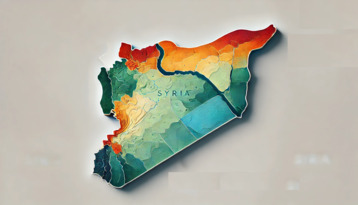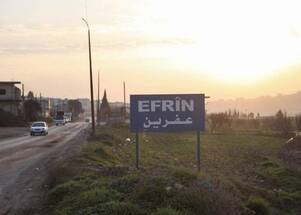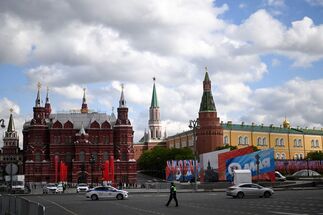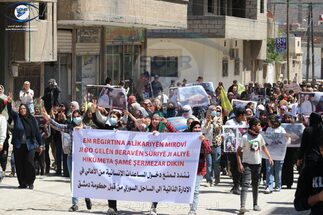-
World Bank deploys $40 million for coronavirus response in Lebanon
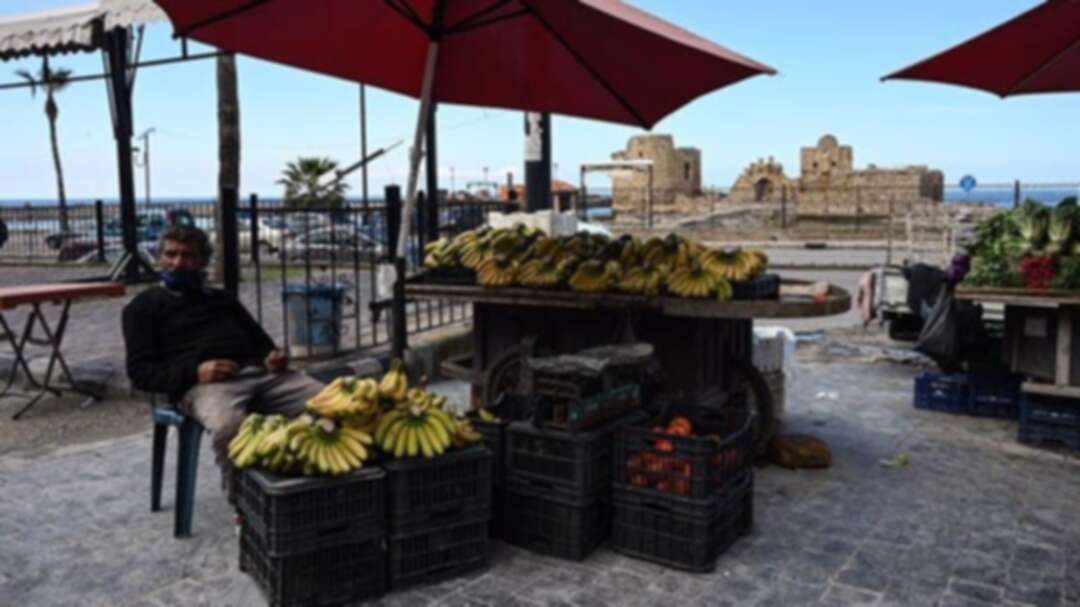
The World Bank allocated $40 million to the coronavirus response efforts in Lebanon, according to a press release from the organization Thursday.
The funds will be re-allocated from the current Health Resilience Project, a $120 million project designed to strengthen the Ministry of Public Health’s ability and capacity to respond to crises.
"This outbreak comes at a time when Lebanon’s economy is already going through the worst economic crisis in recent history and the Government of Lebanon has limited resources to respond," said Saroj Kumar Jha, World Bank Mashreq Regional Director in the press release. "The World Bank stands ready to support Lebanon’s efforts to contain the rapid spread of the virus and help the Lebanese people in these particularly challenging times."
The $40 million will support the Lebanese government with “surveillance and case detection, case management protection of health workers, and multisectoral response to support multisectoral activities,” according to the World Bank’s statement.
The health care system in the country is in disarray from years of mismanagement with the government owning private facilities an estimated $1.3 billion in unpaid dues – used to pay staff and purchase medical supplies – since 2011.
Since October 2019, when a liquidity crisis began to be felt in Lebanon, importers of medical supplies, and other goods, have struggled to secure enough dollars to pay for their imports.
In early March, doctors at the hospital where coronavirus patients have been treated announced they would go on strike.
“Because of the dangers, hardships, and harsh conditions under which hospital staff suffer, and the indifference that has become evident by management and stakeholders, the decision was taken…. to go on strike,” a statement from March 11 from the committee of employees, contractors, and procedures at the hospital read.
The World Bank statement emphasized concerns that coronavirus will particularly hit the poor and refugee populations in the country.
Many in Lebanon are employed in the informal sector and rely on daily wages to make ends meet. Those workers, such as cab drivers and fruit and vegetable vendors, stand to be hit especially hard by the economic fallout of COVID-19.
Lebanon also hosts around 1 million Syrian refugees, according to official tallies, some of whom live in cramped informal settlements. Refugees often lack access to healthcare and social distancing measures, like those recommended by the World Health Organization, are difficult or impossible to practice while living in tented communities.
Lebanon is currently on lockdown as authorities attempt to slow the spread of the virus. However, the past few days have seen some defy lockdown orders to protest worsening economic conditions in the country, which have been steadily deteriorating since October. Now, coronavirus has exacerbated an already tough situation. As of Friday, there have been 16 reported coronavirus deaths in Lebanon and 494 cases. levant
source: Lauren Holtmeier levant
You May Also Like
Popular Posts
Caricature
BENEFIT Sponsors Gulf Uni...
- April 17, 2025
BENEFIT, the Kingdom’s innovator and leading company in Fintech and electronic financial transactions service, has announced its sponsorship of the “Innovation and Sustainable Technology Solutions Competition (GU - IST Solutions), hosted by Gulf University at its main campus.
This strategic sponsorship reflects BENEFIT’s active role in advancing technological innovation and fostering sustainable solutions to future challenges. It also seeks to empower Bahraini youth by enhancing their skills, capabilities, and competitiveness in innovation and solution development—contributing meaningfully to the broader goals of sustainable development across all sectors.
As part of BENEFIT’s active involvement in the competition, the company has announced that Hanan Abdulla Hasan, Senior Manager of Public Relations and Communication, will serve on the competition’s supervisory committee. Her upcoming participation reflects BENEFIT’s forward-looking commitment to championing academic and professional excellence.
Commenting on the occasion, Hanan Abdulla Hasan, Senior Manager of Public Relations and Communication at BENEFIT, said, “We are privileged to support this pioneering initiative, which aligns seamlessly with BENEFIT’s enduring commitment to fostering innovation and nurturing the potential of Bahrain’s youth. Our participation is rooted in a deep sense of social responsibility and a firm belief in the pivotal role of innovation in shaping a sustainable future. Through such platforms, we seek to empower the next generation with the knowledge, skills, and foresight required to develop impactful solutions that address future challenges, in line with the United Nations Sustainable Development Goals 2030.”
Dr. Aseel Al Ayash Dean of the College of Engineering in Gulf University commented, “We extend our sincere gratitude to BENEFIT for their generous sponsorship and support of the Innovation and Sustainable Technology Solutions Competition. This contribution plays an instrumental role in helping us achieve the strategic goals of this initiative, namely, cultivating a culture of innovation and sustainability, encouraging efforts that address the imperatives of sustainable development, and enhancing the practical and professional capabilities of our students and participants.”
The event will bring together a diverse spectrum of participants, including secondary school students, university undergraduates, engineers, industry professionals, entrepreneurs, academic researchers, and subject matter experts representing a wide range of disciplines.
The competition seeks to inspire participants to develop and present innovative, sustainable technologies aimed at addressing pressing environmental, social, and economic challenges. It encourages the formulation of business models that integrate advanced technological solutions with core principles of sustainability. Moreover, it serves as a platform for emerging leaders, entrepreneurs, and innovators to contribute to the advancement of the Sustainable Development Goals, promote the ethos of responsible technology, and demonstrate its transformative potential across various sectors.
Attendees will have the opportunity to view a series of project presentations submitted by participants, covering diverse areas such as eco-friendly product design, smart and sustainable innovations, renewable energy technologies, water conservation and management, waste minimisation and recycling, green architectural solutions, and sustainable transportation systems. Outstanding projects will be formally recognised and awarded at the conclusion of the event.
opinion
Report
ads
Newsletter
Subscribe to our mailing list to get the new updates!

